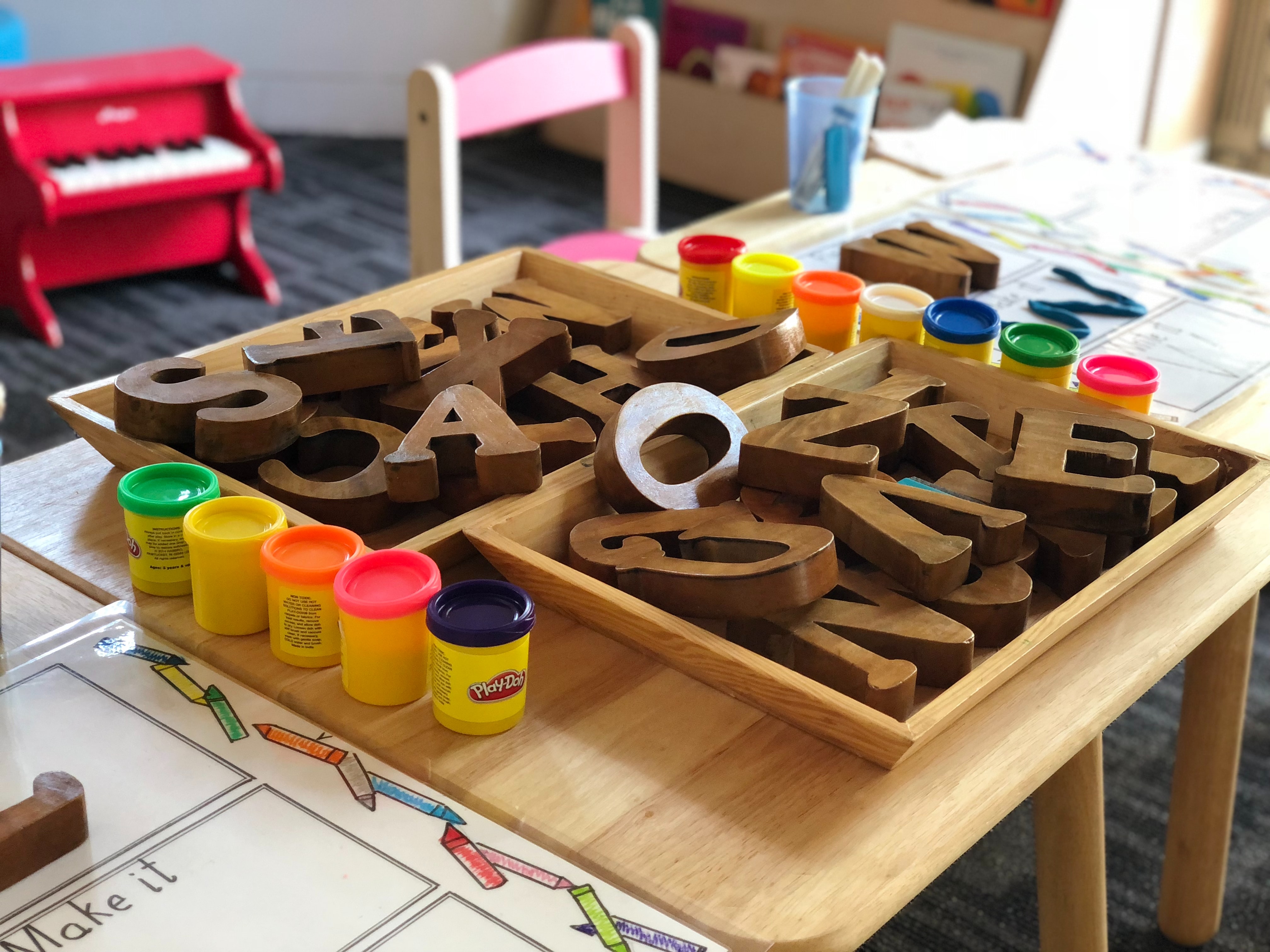Learning the Fun Way
Learning doesn’t always have to be hard work. Here are some ways to keep it fun.
Do activities that include following directions, planning, and calculating.
When you plan activities with your child, look for fun tasks that also build brainpower. Cooking, for example, requires following a recipe, time management, and math. Do-it yourself projects also involve directions, planning and problem solving. Sports events are a great opportunity to calculate statistics, such as batting averages or quarterback ratings.
Find media programs that relate to school topics.
Look for movies and television programs about topics your child is studying in school. Your child can learn a great deal from history and science programs, as well as plays or dramatizations of literature. Plan follow up activities, like a trip to the library or local museum, to make these programs even more of a learning experience.
Get games that build memory, vocabulary, logic, and math skills.
Many games teach school skills in an enjoyable way. Look for board games that involve memorization or vocabulary skills. Mad Libs™ are a great way to practice the parts of speech. Logic-based computer games build valuable math skills.
Research topics of curiosity.
If your child asks you a question that ties into history, science, or the natural world, take advantage of the opportunity to do some independent research. Turn to the encyclopedia or library to find the answer.
Use memory strategies in the real world.
Ask your child to help you when you need to remember a name, term, or list. Make up an acronym or mnemonic for a short list, or use Loci memory to memorize a long list. Use memory bridges to remember names or terms.
Take studying beyond the books.
Reading information over and over is not studying. The best way to learn information is to use it or make something with it. Try these ideas to help your child study actively:
• Make graphic organizers. A graphic organizer is a chart, diagram, or illustration that shows how facts and details are related. A timeline is one type of graphic organizer—it shows how events fit together in chronological order.
• Study with a tape recorder. Try making a news broadcast or silly song about the information your child is studying.
• Get a marker board and play school. Have your child play teacher and explain the concepts she is studying to you. Ask questions that prompt her to review important details.
• Take math into the kitchen. Many children understand math concepts more easily if they have a tangible demonstration. For example, you can cut an apple into pieces to help explain fractions.
Our tutors can help put the fun into learning. Students learn in all different manners so building a customized program for each student is the best way to achieve the best results in helping your student to grow and learn. Find out how we can help. Reach out by calling 412-348-8599 for more information.
 CATEGORIES
CATEGORIES
- Benefits of Tutoring (2)
- Club Z! Pittsburgh (3)
- Encourage learning (3)
- Preschool/Kindergarten (1)
- Program advantage (2)
- Quick Tip Series (7)
- Study Tips (1)
- Summer Programs (3)
- Uncategorized (2)

 Elaine
Elaine  February 28 ,
2023
February 28 ,
2023  0 Comments
0 Comments